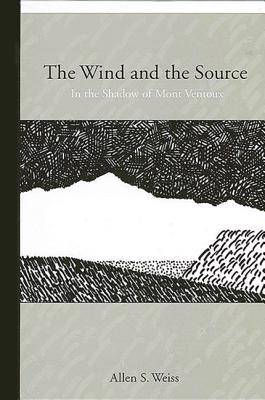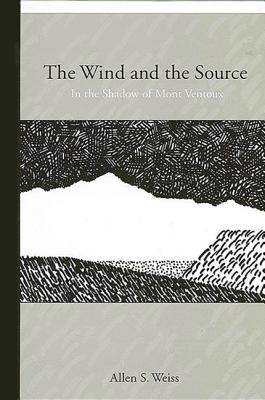
Door een staking bij bpost kan je online bestelling op dit moment iets langer onderweg zijn dan voorzien. Dringend iets nodig? Onze winkels ontvangen jou met open armen!
- Afhalen na 1 uur in een winkel met voorraad
- Gratis thuislevering in België vanaf € 30
- Ruim aanbod met 7 miljoen producten
Door een staking bij bpost kan je online bestelling op dit moment iets langer onderweg zijn dan voorzien. Dringend iets nodig? Onze winkels ontvangen jou met open armen!
- Afhalen na 1 uur in een winkel met voorraad
- Gratis thuislevering in België vanaf € 30
- Ruim aanbod met 7 miljoen producten
Zoeken
€ 124,45
+ 248 punten
Uitvoering
Omschrijving
What does it mean to love a landscape? Why do certain authors have a predilection for specific landscapes? Why might one be fascinated by a landscape in which one would never wish to live? How does the lay of the land fashion the form of the poem? How does the wind infuse the breath? In The Wind and the Source, Allen S. Weiss explores the role of a significant yet elusive feature of the French landscape in literature, philosophy, and art: the legendary, mysterious, monolithic Mont Ventoux. This is not a book about picturesque, touristic Provence, but about the manifestation of an extreme limit of the imagination that happens to have Provence as its site, as its fantasyland. Weiss is concerned with the vicissitudes of the desire to write about a landscape, the desire to write in a landscape, and perhaps most curiously, the desire to write against a landscape. This is a book about love of the landscape, and abstraction from it; it is an account of how a mountain became a myth, and how an aesthetic and literary study became a metaphysical quest.
Specificaties
Betrokkenen
- Auteur(s):
- Uitgeverij:
Inhoud
- Aantal bladzijden:
- 102
- Taal:
- Engels
Eigenschappen
- Productcode (EAN):
- 9780791464892
- Verschijningsdatum:
- 21/07/2005
- Uitvoering:
- Hardcover
- Formaat:
- Genaaid
- Afmetingen:
- 143 mm x 228 mm
- Gewicht:
- 285 g

Alleen bij Standaard Boekhandel
+ 248 punten op je klantenkaart van Standaard Boekhandel
Beoordelingen
We publiceren alleen reviews die voldoen aan de voorwaarden voor reviews. Bekijk onze voorwaarden voor reviews.











